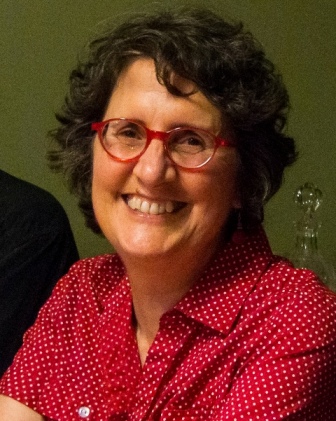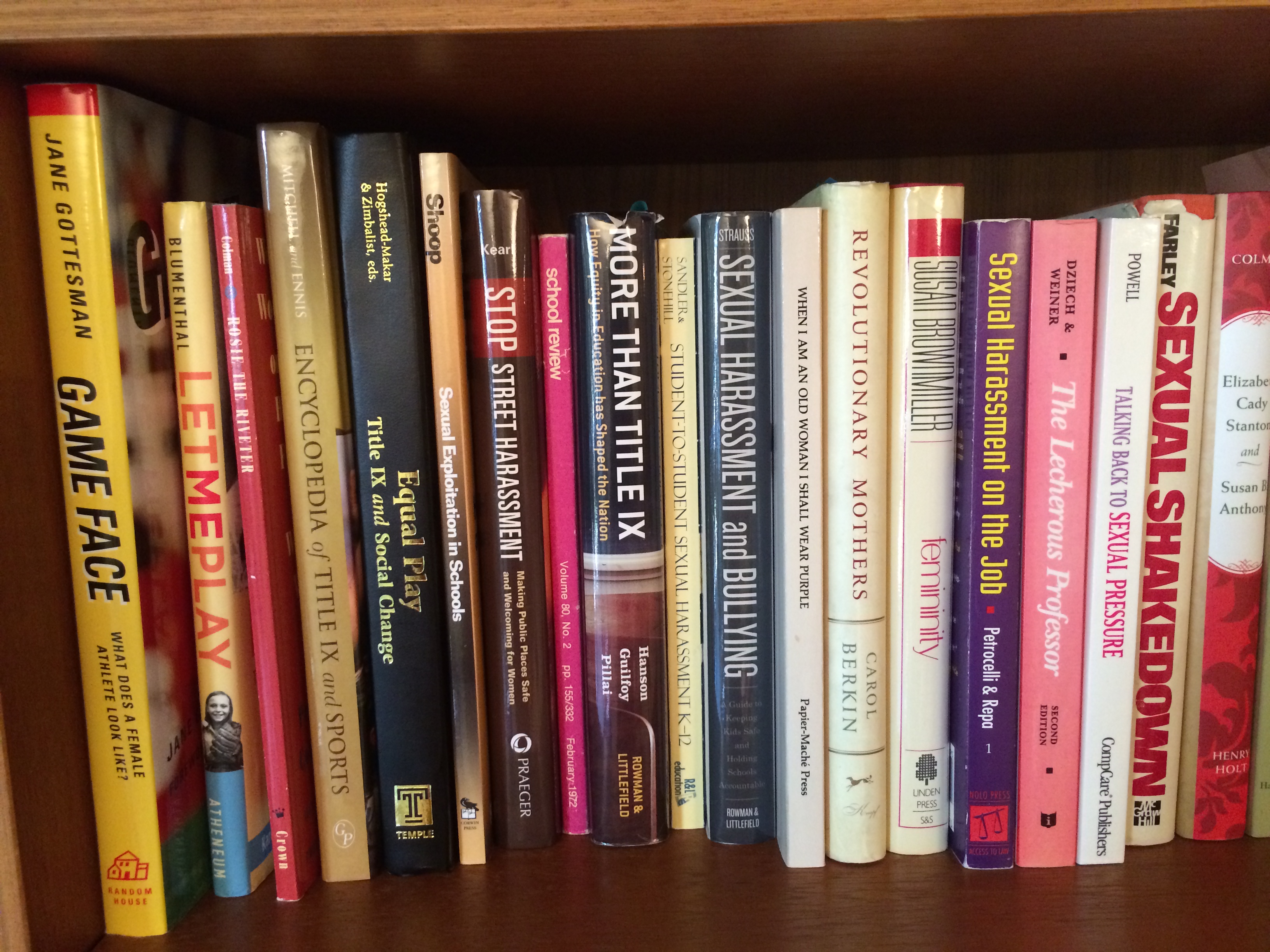It’s not okay, but we’re getting there
He ran from behind me and body slammed the woman in front of me. The boy looked to be about eight or nine years old, white, with the restless energy of a bored kid. Seemingly trying to amuse himself as his family strolled onto the campus of Yale University, he wanted something to do, and he wanted attention.
The woman said nothing. Ahead, the father saw none of this, more intent on the camera and a paper map in his hand. The boy ran back, 10 paces behind me, and launched himself again. He zoomed by within inches to my left and body slammed his mother again. No one said anything.
So he tried again. He ran behind me. “Dad! Dad!” he called, then sped by me and body slammed the person I assumed was his mother. Still no reaction. We all stopped at the corner, waiting for the light to change.

This time he gave it his all. “Dad! Dad! Watch!” The boy ran behind me. “”Dad! Watch!” He hurtled past me and into his mother, knocking her a half-step off balance.
Finally, his slightly older sister — maybe 11 years old? — screamed, “That’s not okay!” She. was. furious. So was I, and sad. The light turned green. I walked past them, saying calmly but loudly enough for them all to hear, “Not okay.” I wanted the girl to hear some support. To know she was right. To feel good about speaking up. I didn’t see the girl’s face, but I did see the mother’s. My words, my voice, startled her, as if someone shook her shoulder, snapping her out of a deep sleep. I couldn’t see the boy; the father looked at his map.
These were my first moments at Yale, the place where women for the first time used Title IX to proclaim that harassment and assault based on sex are not okay. It’s ground zero for the anti-sexual violence movement on campuses that in the last decade seems finally to have snapped America out of sleepwalking through rape culture.
Ours is a violent culture in which 1 in 10 high school students experience physical violence from someone they date, the National Domestic Violence Hotline reports. Among college students, 43% of women who are dating experience violent and abusive behaviors. In the 60 years since researchers started studying it, the rates of sexual assault and harassment on campus have not changed. In college, approximately 1 in 5 women and 1 in 16 men get sexually assaulted. Rates are worst for people of color, queers, and other marginalized groups.

In their landmark 1977 lawsuit, Alexander v. Yale, five students (four white and one Black) and a gay male professor described faculty repeatedly raping students, coercing and threatening them for sex, groping and assaulting them, and retaliating against students who didn’t do as they wished by giving them poor grades or refusing letters of recommendation. All the suit asked was that Yale create a grievance procedure — as Title IX had required since 1975 — so that students would have some place for complaints to be processed fairly.
Boys will be boys, it’s no big deal, and all you have to do is talk to us, Yale officials essentially claimed, according to my study of Yale archives and interviews with many of the people involved in the suit. Talk to us, they said, though they’d shown no indication they would listen. Trust the college administration to work this out, they insisted, while also insisting the women must be confused or lying. In an arbitration session before the case went to the appeals court, Yale’s male lawyers (all alumni) essentially told the women’s female lawyers (also Yale graduates) that the students should show more gratitude for the privilege of attending Yale and stop making a fuss. You just don’t get it, the students’ lawyers replied.
The students lost their case because judges refused to see this as a systemic problem. They reduced the suit to one student accusing one professor. In the judges’ eyes, it was a question of whether one individual did something bad in a way that hurt another individual, and they decided there was no evidence of this. It was one Black woman’s word against the word of a white man, and they chose his word over the fact that she had reported his attempted coercion immediately afterward in a written letter to a dean. The courts did rule that sexual harassment (which included rape) can be sex discrimination under Title IX if the school does nothing about it. Still, after the suit ended, the man accused of the most rapes — Keith Brion — not only remained on Yale’s faculty but got promoted.

That was the beginnings of a movement in education that lit a fire under these messages in our current decade. Students created new groups like End Rape on Campus and Know Your IX. They shifted the conversation: Sexual harassment or assault from anyone — not just professors — is not okay. Ignoring Title IX is not okay. Going through the motions of complying with Title IX just to check off boxes so a school can reduce its legal liability — that’s not okay. If that’s what you’re doing, you just don’t get it. It’s time to see what’s really going on and do whatever it takes to stop the discrimination on campus. Figure it out.
Today is the 47th anniversary of Title IX becoming law. Its creators knew it wouldn’t fix everything overnight. Culture change takes time. Laws can be a tool to accelerate that change. We’ve seen a lot of good changes — more women in schools, playing sports, earning advanced degrees — and there’s a lot that we’re still figuring out.
I don’t judge the body-slamming boy or his mother. I don’t know where he learned to think that attacking a woman was fun, or amusing, or something his father might appreciate. (You notice he didn’t body-slam Dad.) Maybe he’s copying what he sees Dad do at home to Mom. Or maybe he learned it from the general misogynistic culture (which says boys will be boys, women are not fully human, and men are supposed to dominate women), or from watching football with Dad. I don’t know what trapped the mother in passivity. Maybe she was too exhausted in the moment and convinced herself this was just an annoyance. Maybe she felt trapped in domestic violence far worse than this at home. Or maybe she learned from the general culture that boys will be boys and a woman’s role is to tolerate their “energy,” “exuberance,” and desires.

I do know that Title IX has contributed to a culture in which that girl can say, “That’s not okay!” Title IX helps us see that abusive behavior is not okay, even if the abuser doesn’t know any better. Because the problem is not just an individual. It’s bigger than that. Women and girls today are calling out abusive individuals and calling out the culture that supports them.
Things are not okay, but we’re getting there. Happy birthday, Title IX.
****************************************************
p.s. The main photo at top is of the former offices of the New Haven Law Collective, which represented the students in Alexander v. Yale. Though the City of New Haven made the area a historical district, there’s no marker to indicate the significance of the upstairs rooms where young, scrappy, progressive lawyers changed history with their brilliance and dedication. Don’t you think it’s time?






